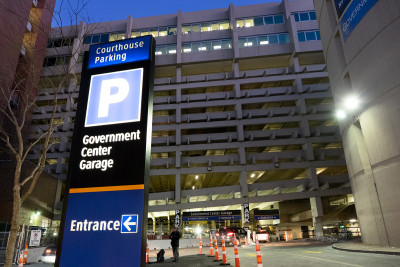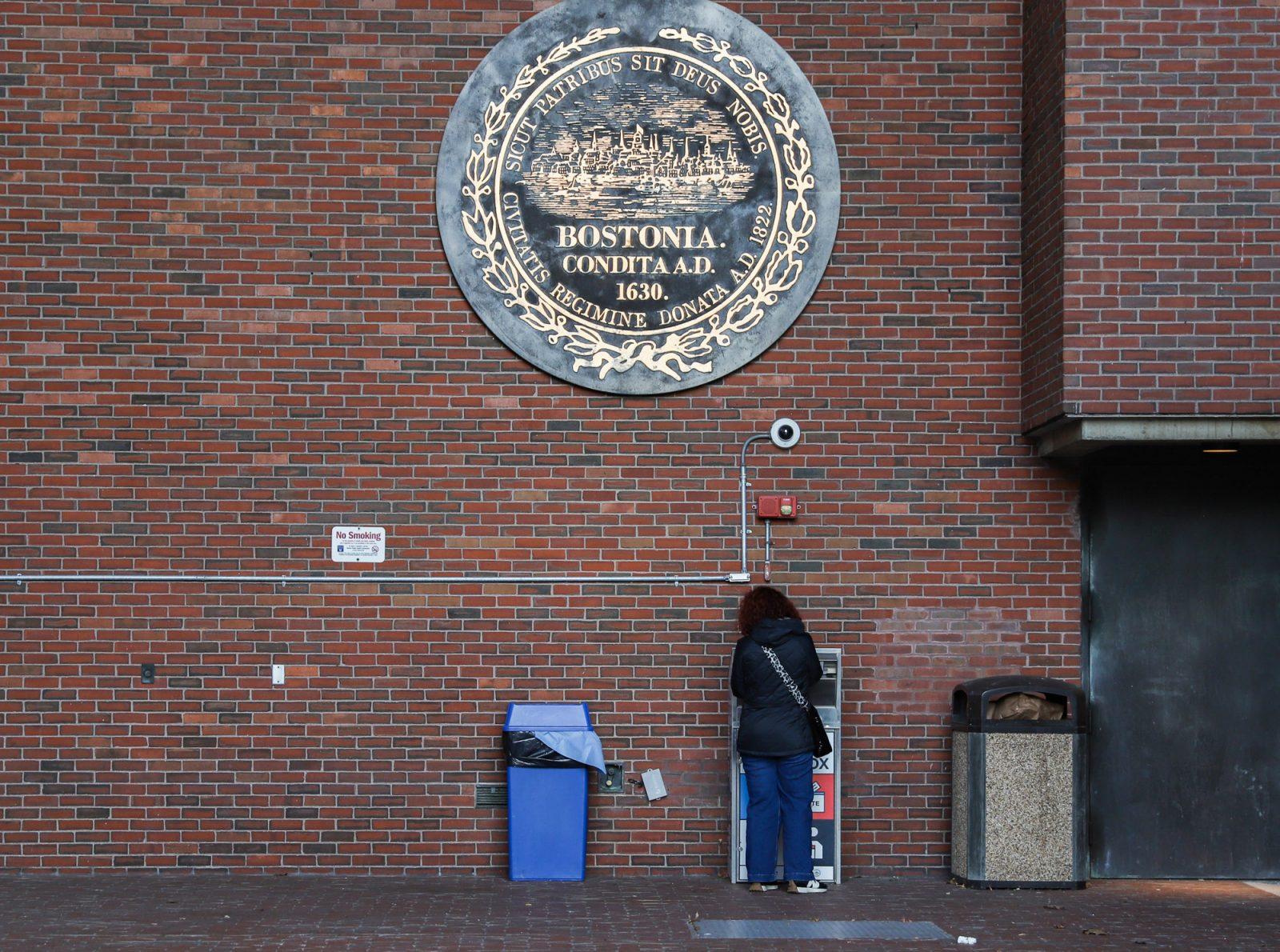
Following years of planning, the City of Boston approved Monday the advancement of the Government Center Garage redevelopment design. HYM Investment Group, a real estate development company, is working to proceed with the project, according to Thomas O’Brien, founding partner and managing director of HYM.
O’Brien said among the structures that will replace the garage are a residential tower and an office building.
“The first building is a residential tower and we intend to start that building as fast as we can, within the next twelve months,” O’Brien said. “We’ll begin the office building as fast as we can get a tenant for the office building.”
O’Brien said the garage’s removal would rejoin neighborhoods previously divided.
“It was built at a time when walking cities were totally different,” O’Brien said. “The garage itself has been sort of a divider of those neighborhoods, dividing the West End from Downtown or the North End from Beacon Hill. With this project, we’ll reconnect those neighborhoods with streets and plazas and a great retail first floor, things that will make it much better than when the garage was built.”
O’Brien said the Government Center Garage is the third large-scale project HYM has taken on in the past four years, as time has been spent recently pitching development projects to the public and the bordering neighborhoods. O’Brien added that the first building, the residential tower, is set to begin within the next year.
“This is a big complicated project, so there are always challenges,” O’Brien said. “Challenges around permitting, challenges around the financing, challenges around just the constructability of the site. We are in this business because we like to take on these challenges, and it’s all worked out pretty well so far.”
Nick Martin, spokesperson for the Boston Redevelopment Authority, said that for the most part, residents are in favor of the garage’s demolition.
“The public’s reaction has been largely very positive,” Martin said. “The garage dates back to the early 1970s, and at the time you saw a lot of large concrete structures, like the garage, like city hall, like several other municipal buildings in the government center area be constructed. Design and aesthetic attitudes have changed over that time.”
Martin said that the destruction of certain areas in the garage should open up a new point of view for pedestrians.
“If you’ve ever been to that area downtown, that part of the garage stretches over Congress Street and what they’ll eventually do as part of the first phase is demolish that structure that goes over Congress Street,” Martin said. “From an urban design perspective, it opens up that view of downtown to the surrounding neighborhoods, so it creates a much friendlier pedestrian and streetscape environment.”
Several residents voiced concerns that an increase in luxury housing will leave those with lower incomes with less of an opportunity to live in the city.
Bonnie Williamson, 64, of Brighton, said that while she is pleased with Boston’s urban renewal, not all residents are benefitting from the new housing options.
“I’m glad Boston is growing, but they are not taking the working people and the poor people with them,” she said. “All the housing down in that area is luxury housing. People get pushed out. I was one of the people who was pushed out. I was raised in the city, but I can’t afford to live in the same place now.”
Zbigniew Nitecki, 69, of the North End, has lived in Boston for about 40 years. He said the city’s recent construction conflicts with the increased local economic inequality.
“[The construction is] kind of worrying because it’s becoming a place for rich people,” he said. “Most of the buildings are luxury apartments, and I’m not happy about that. The city is really changing and in many ways [the changes] are good things. But I would hope that [the city] would be a little more balanced economically.”


























































































































